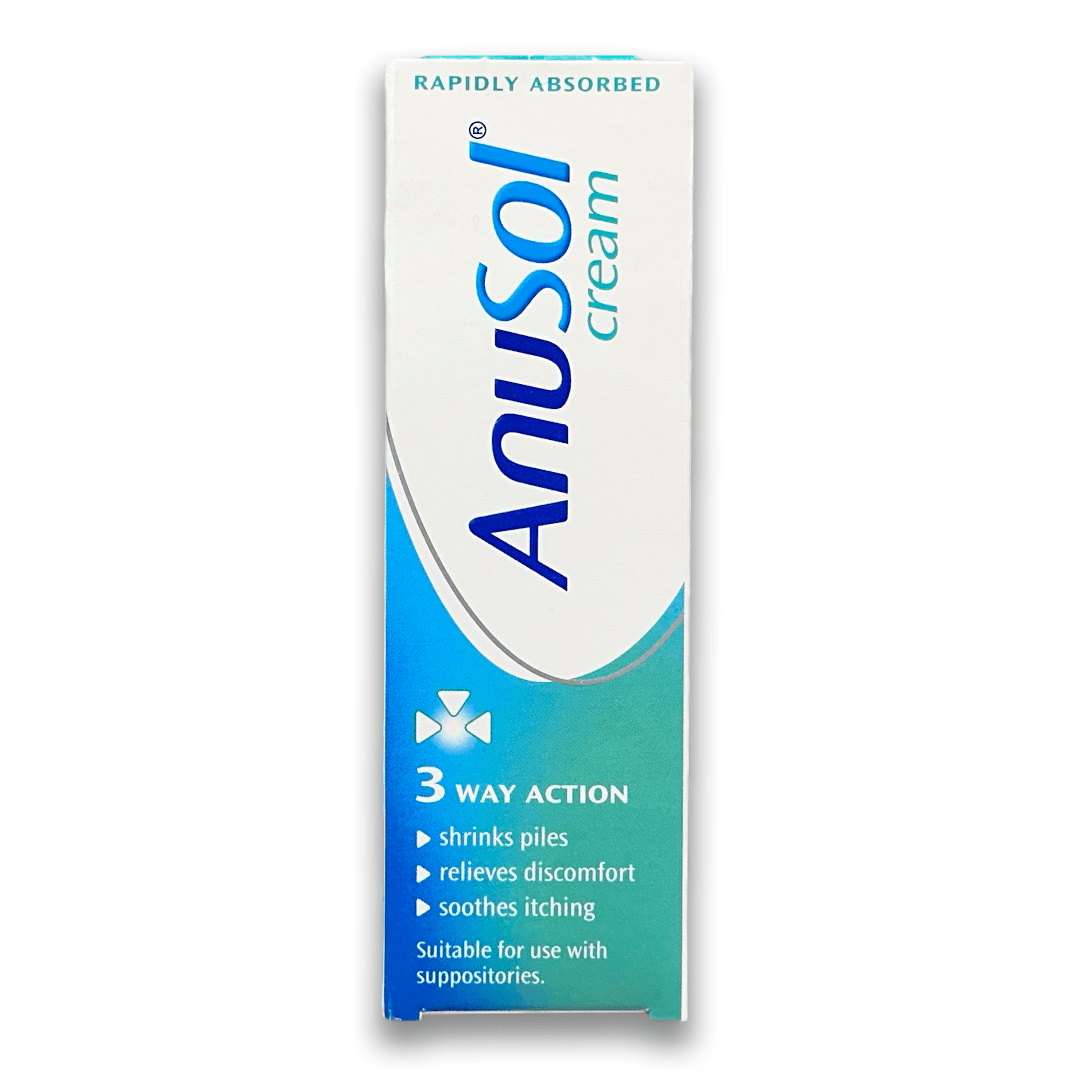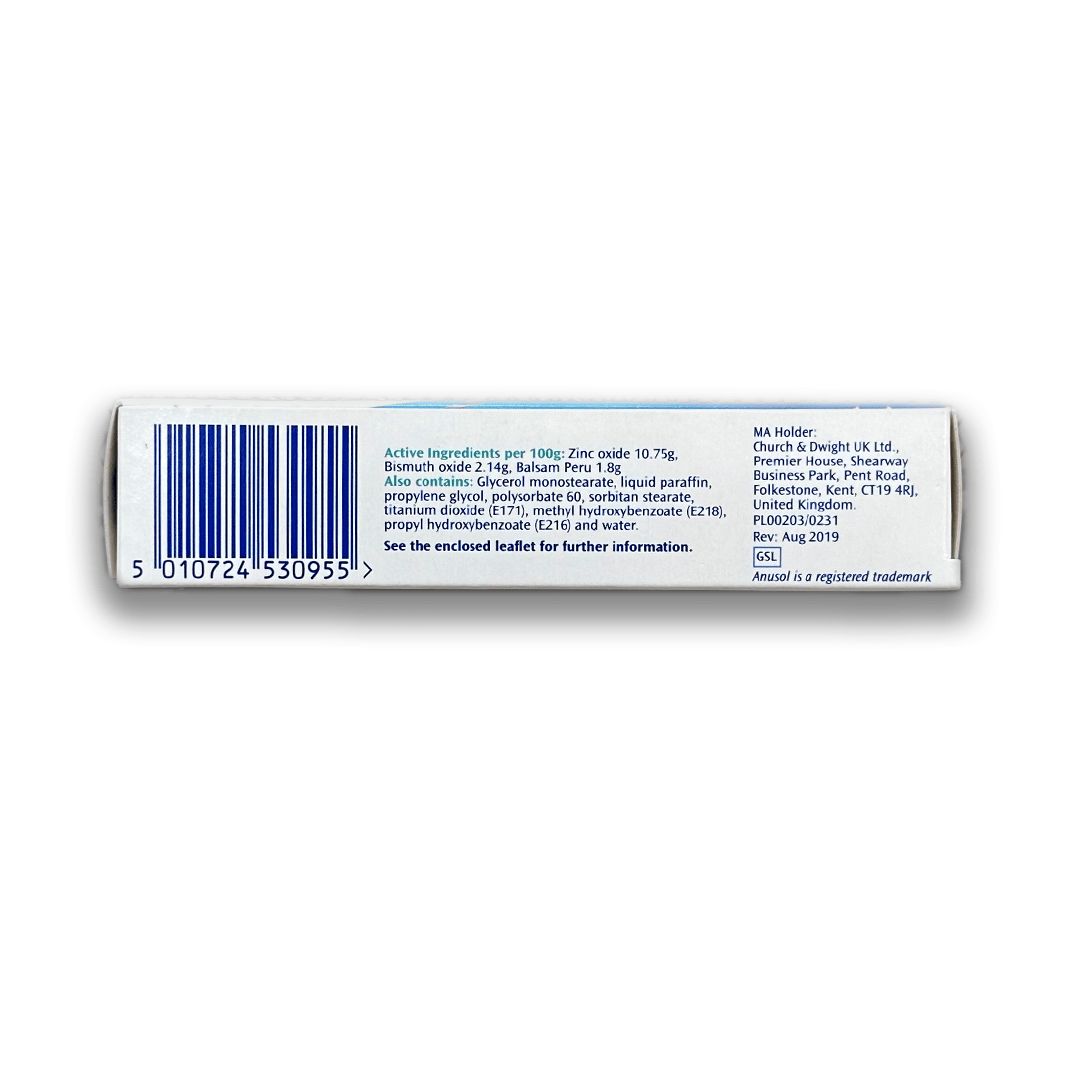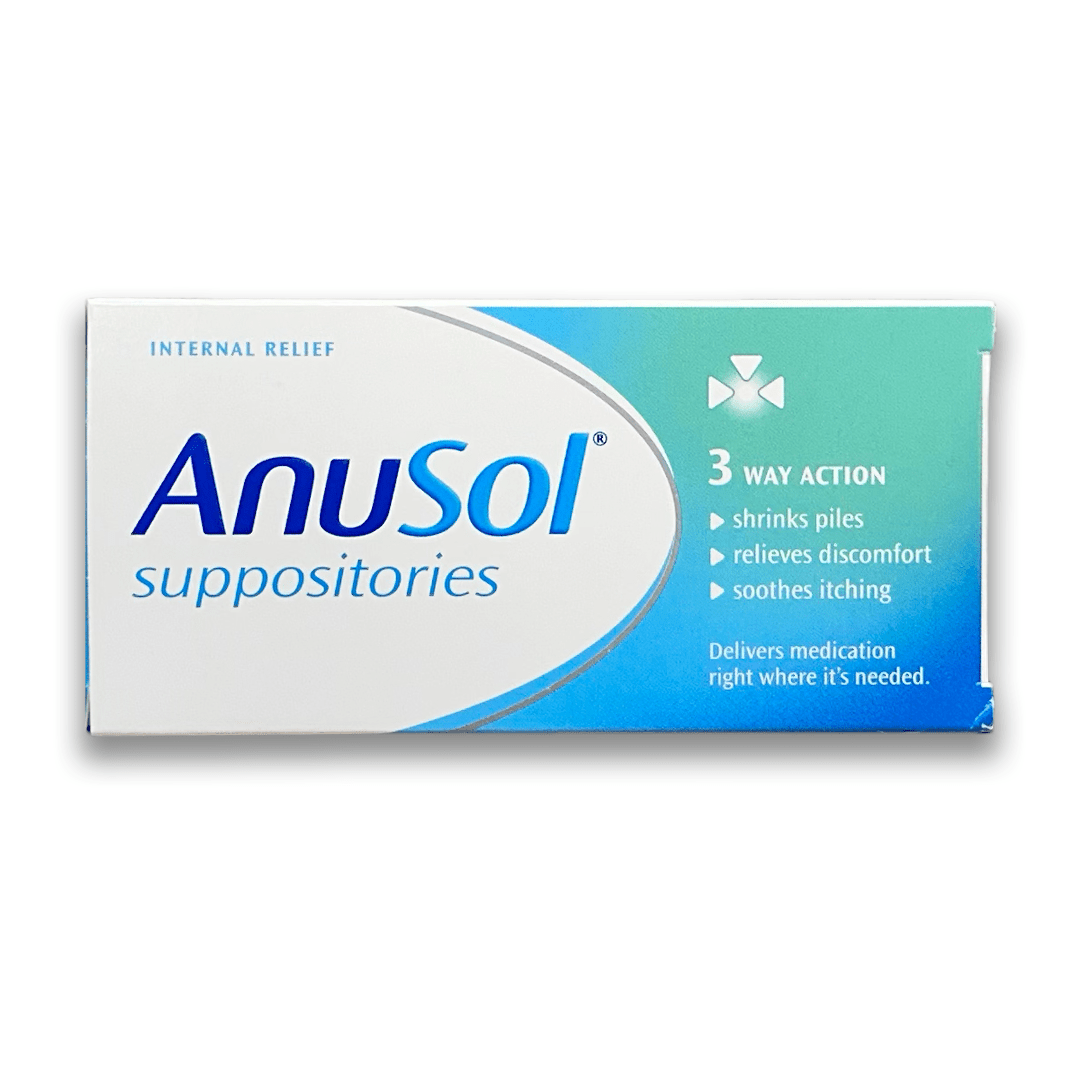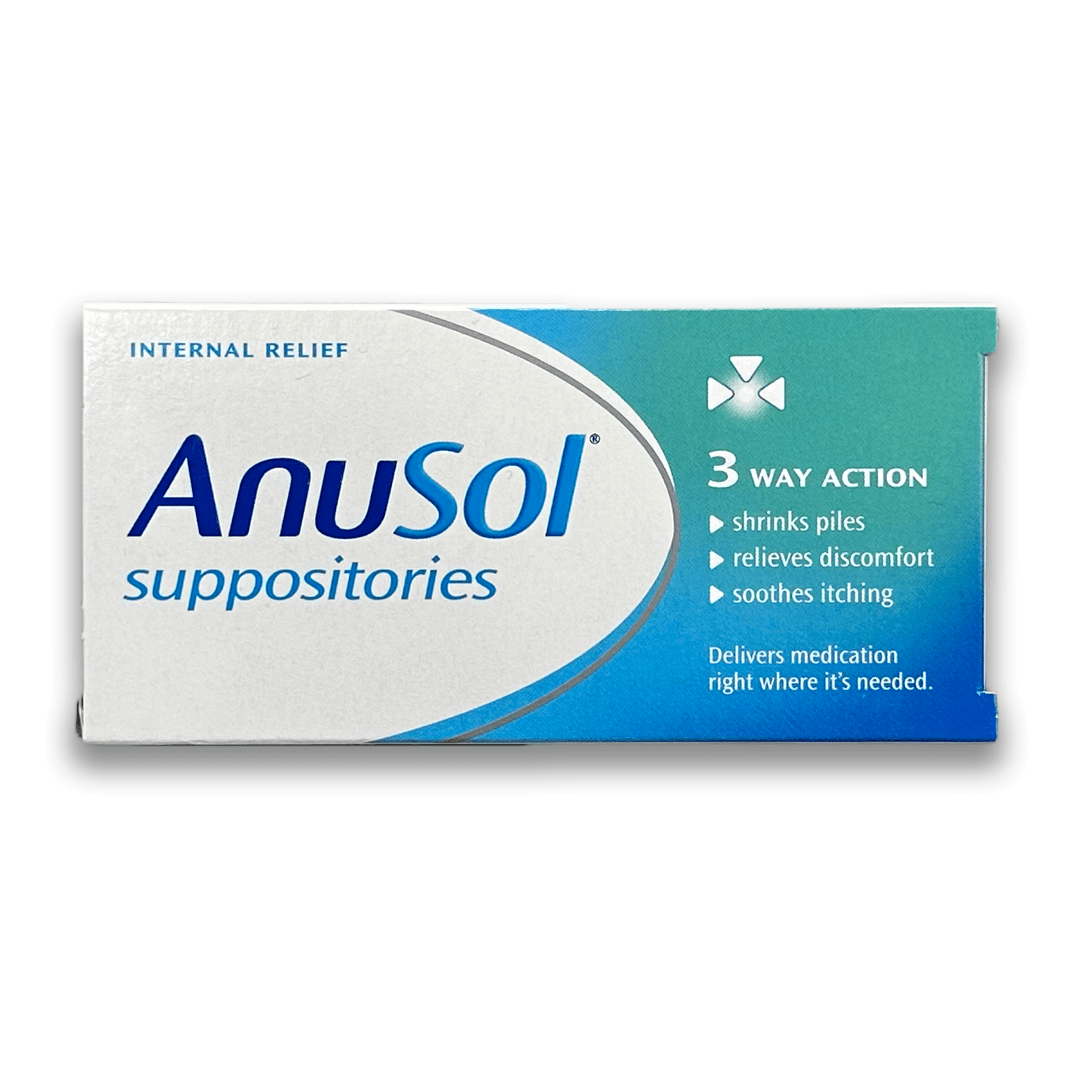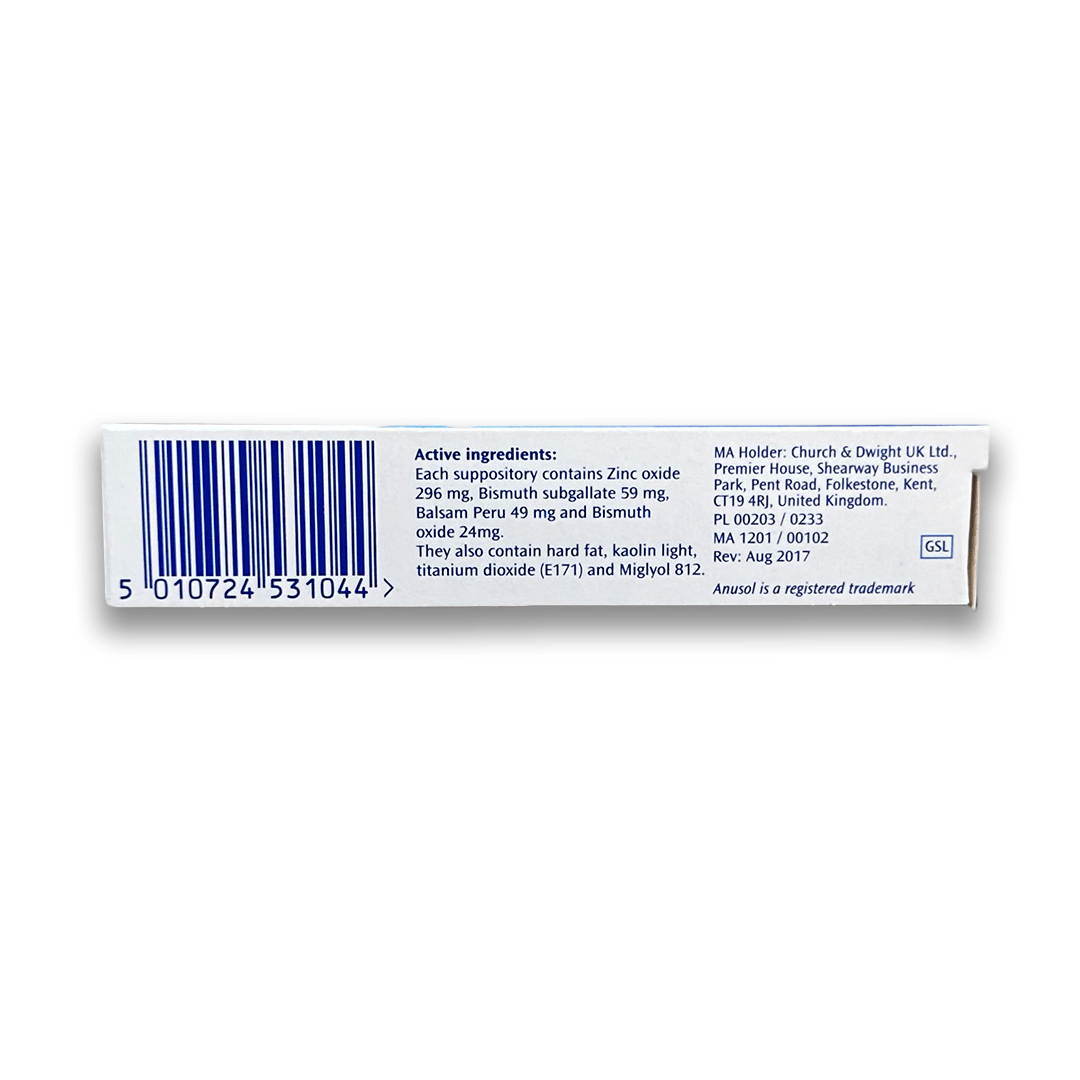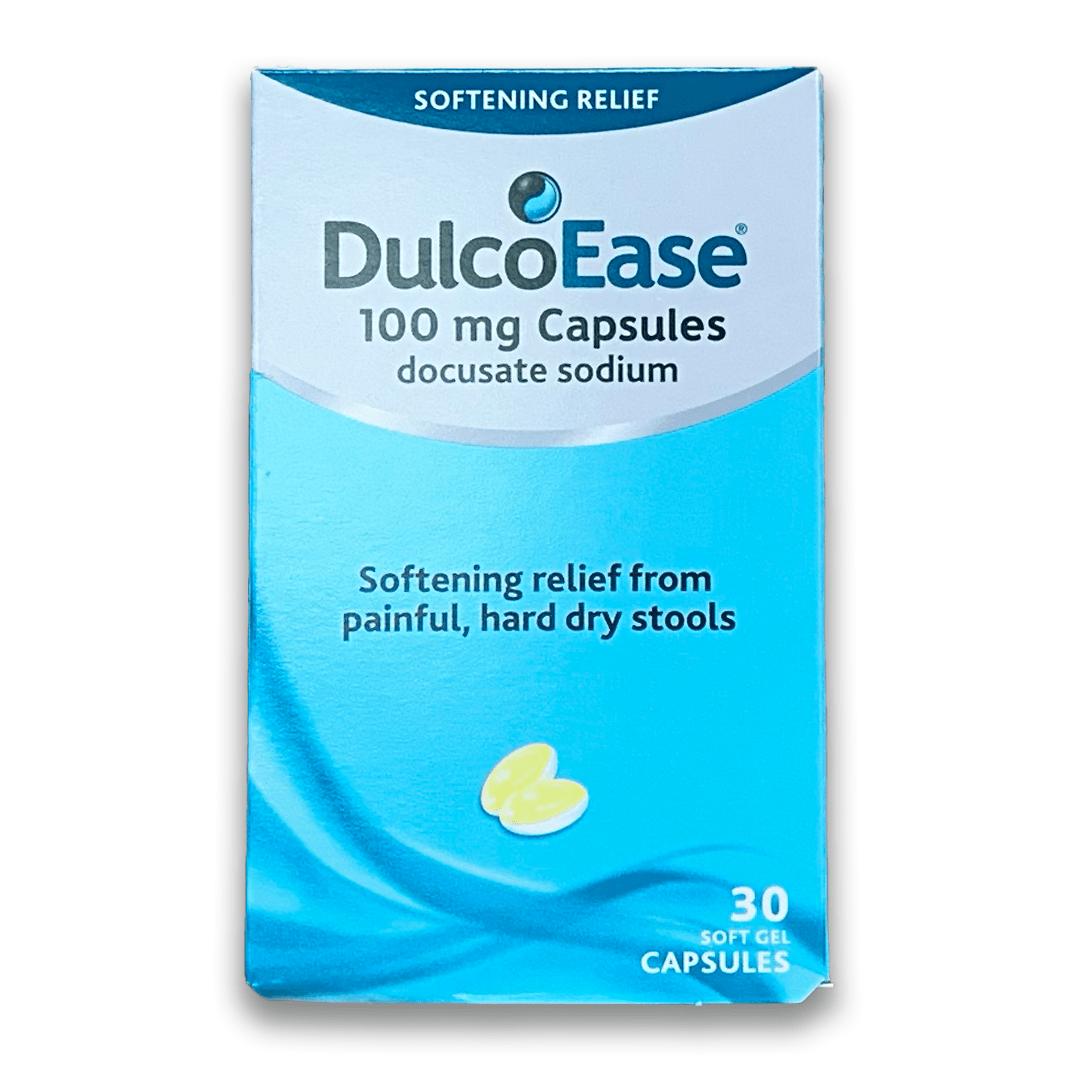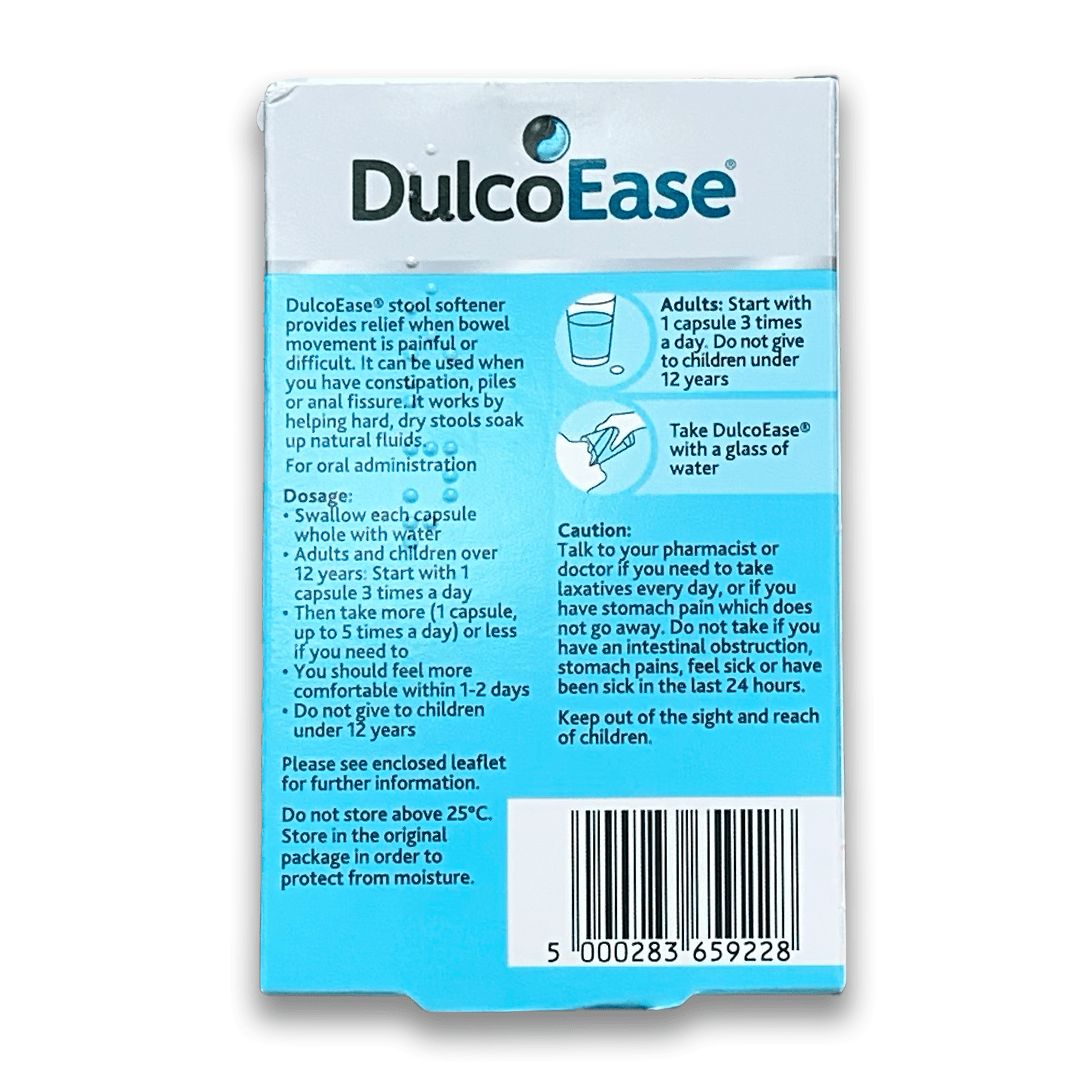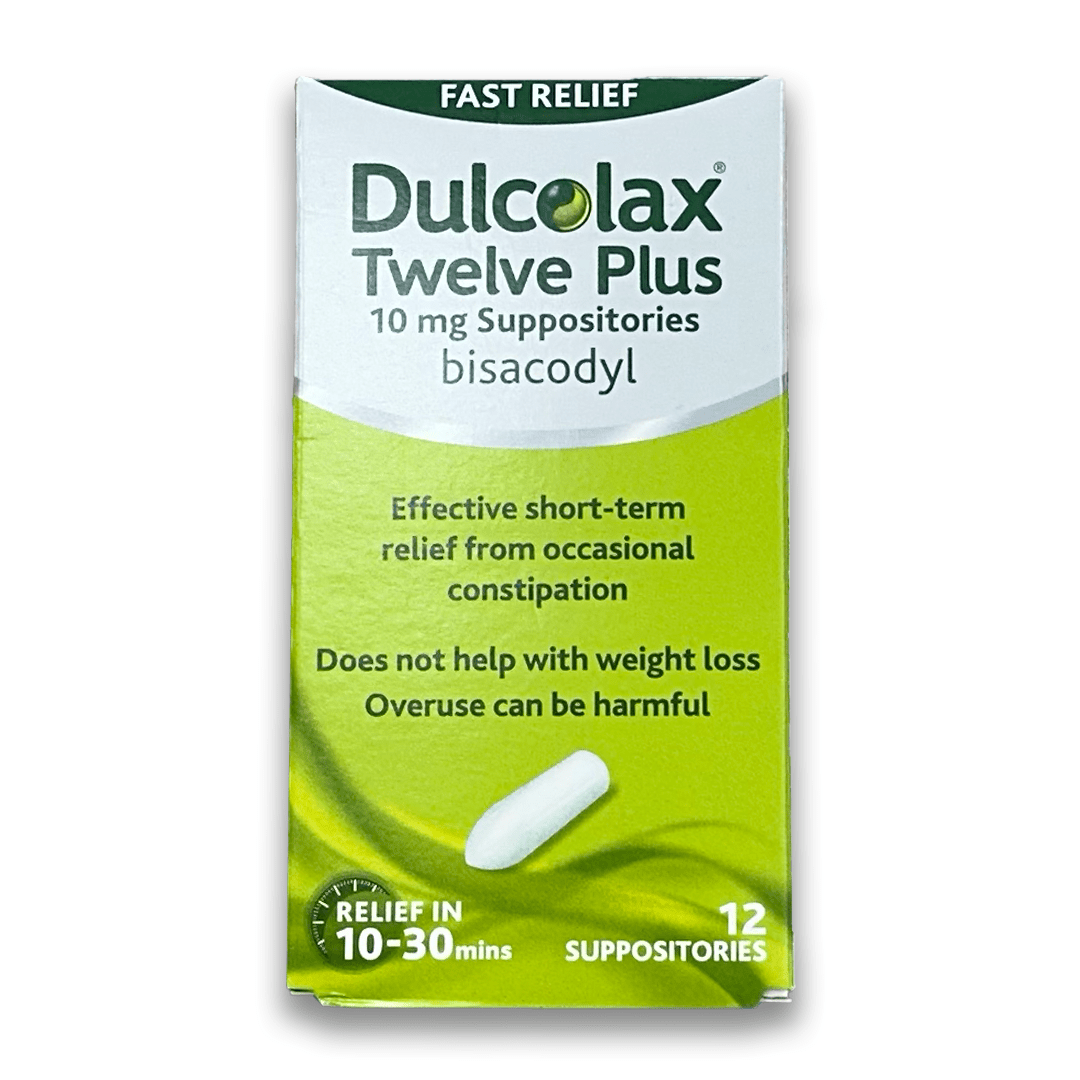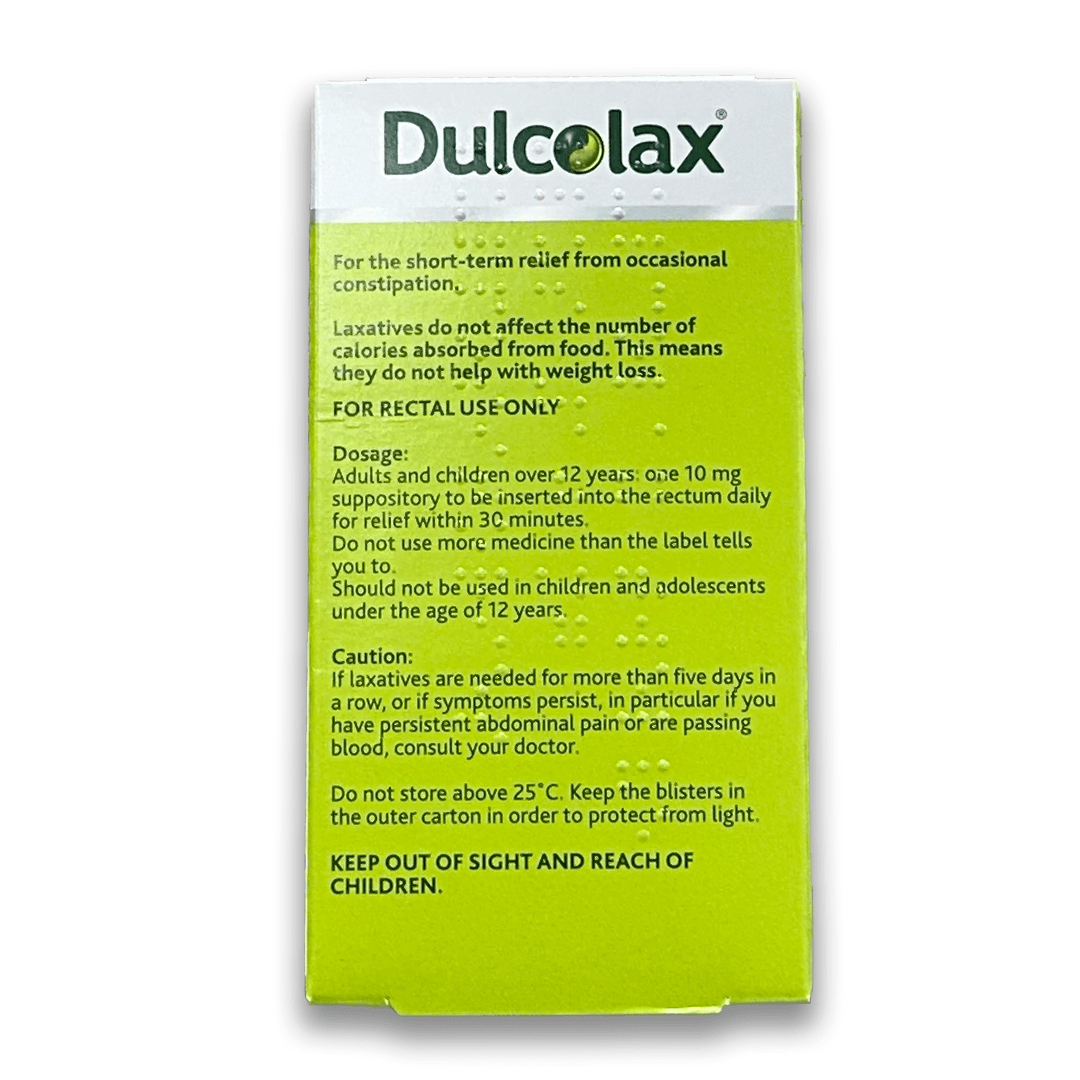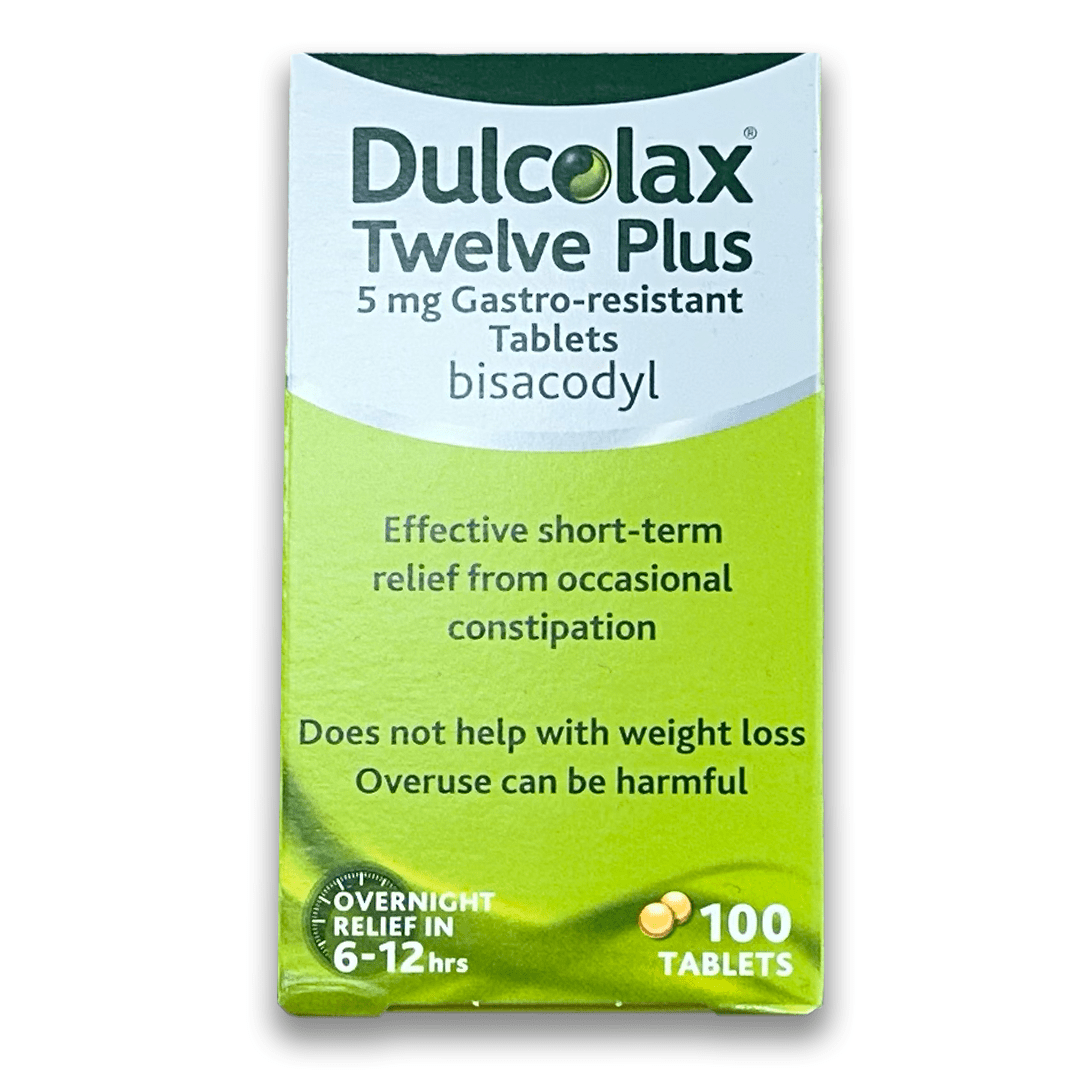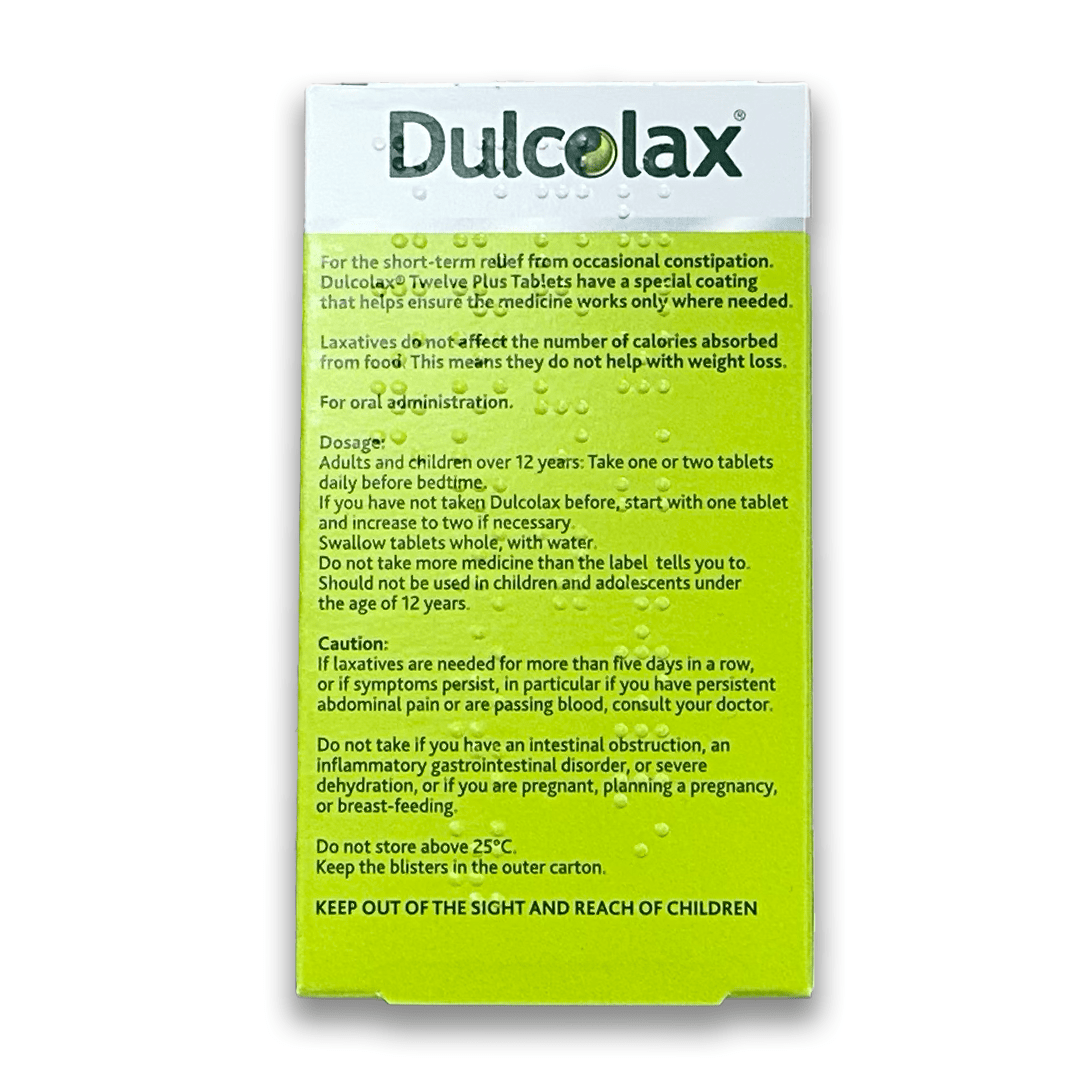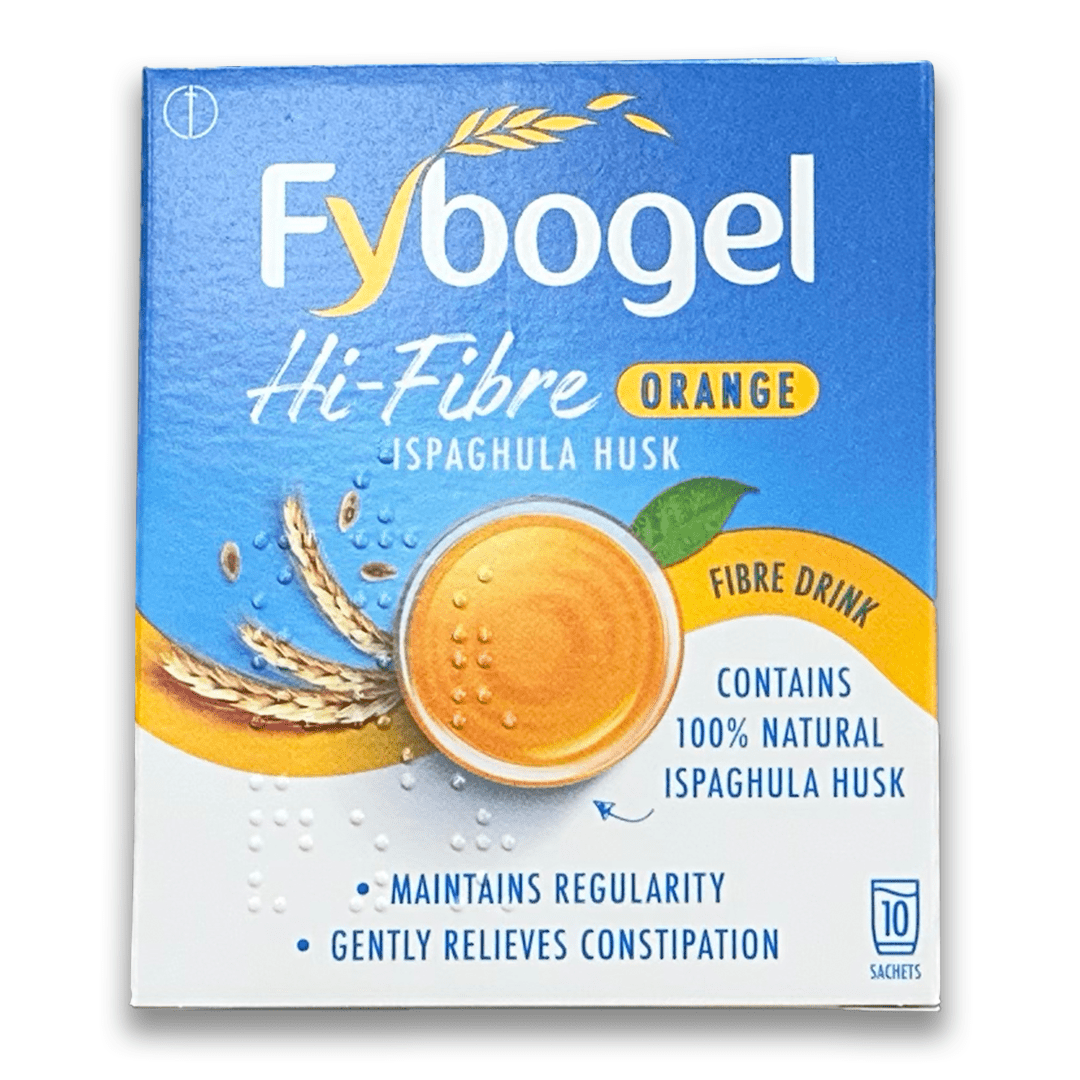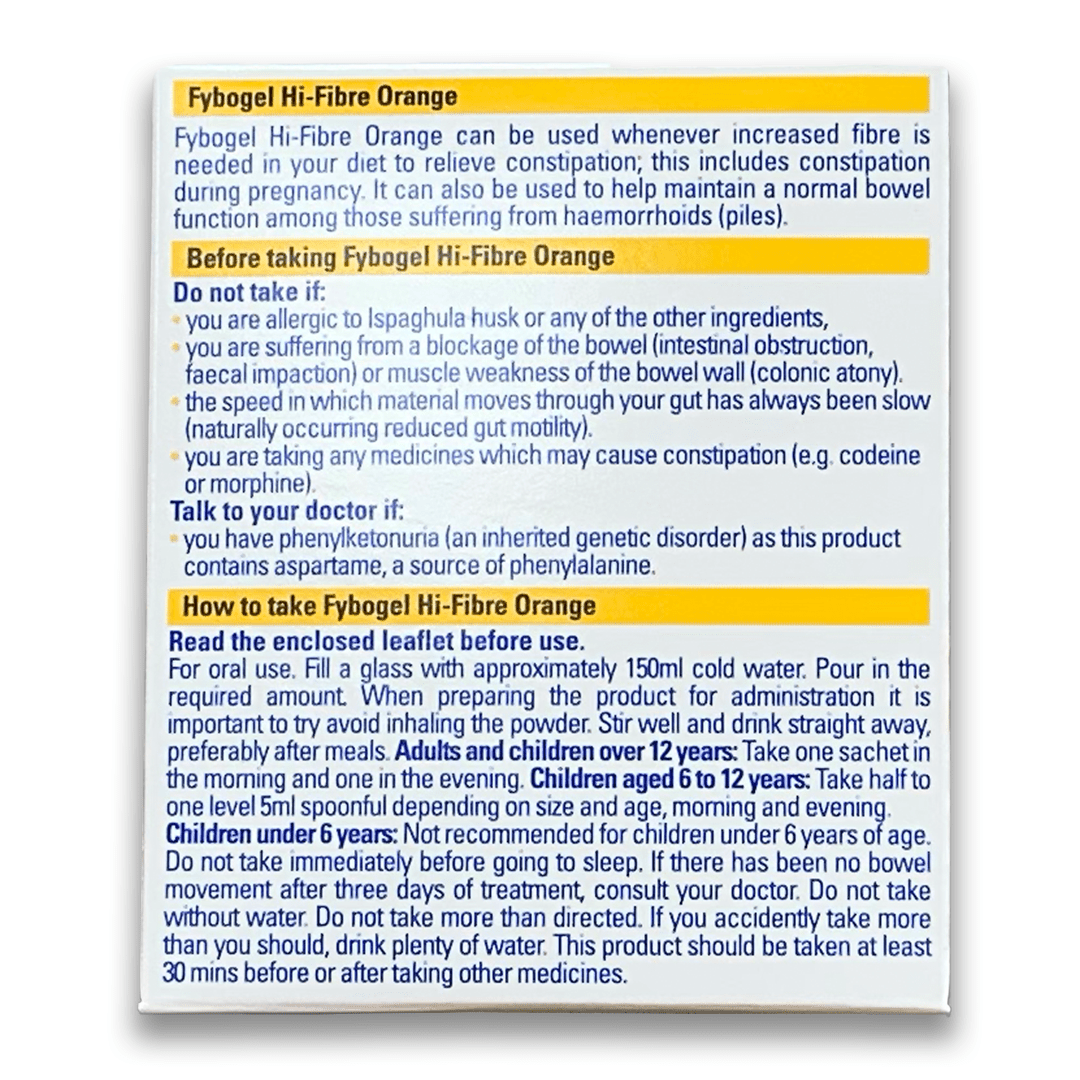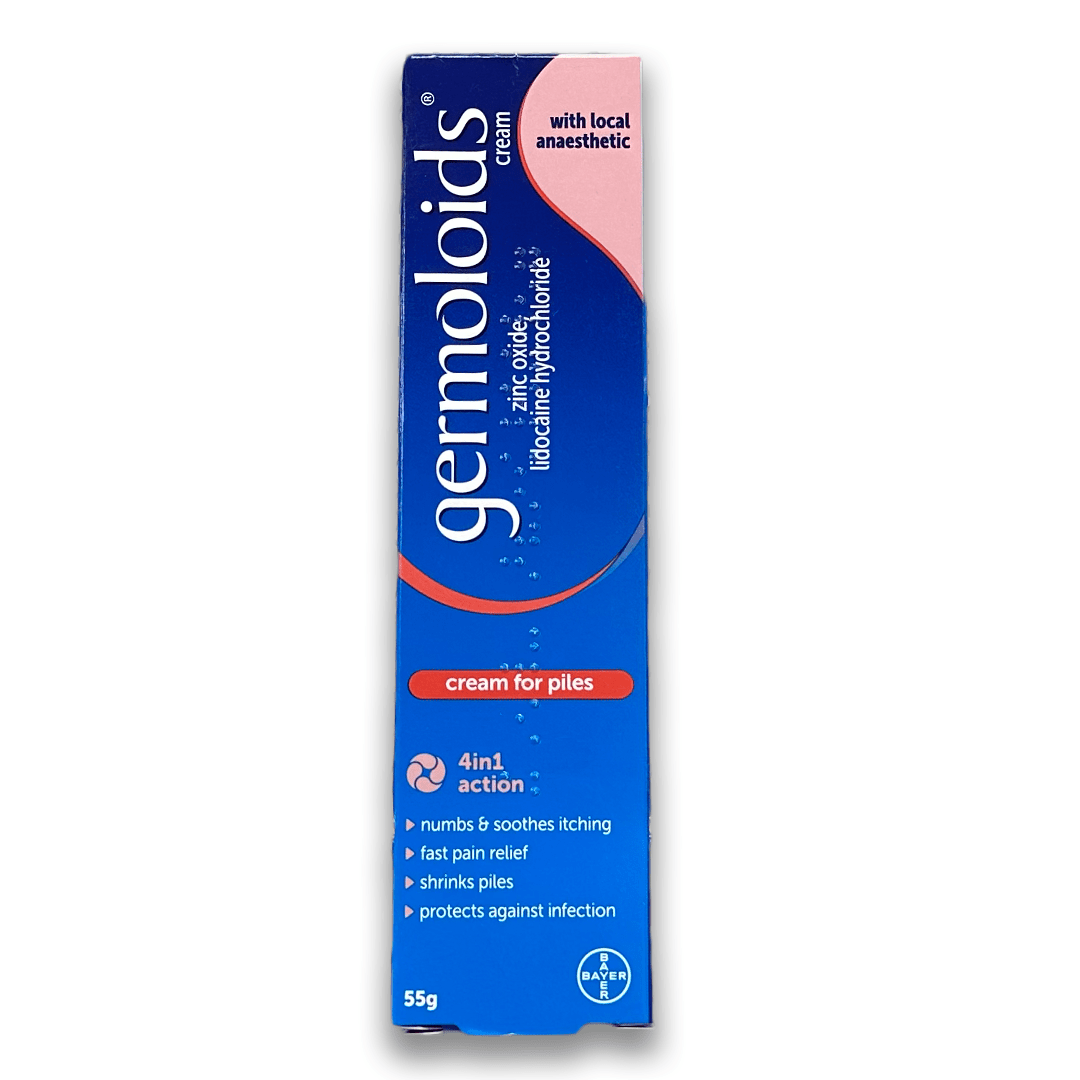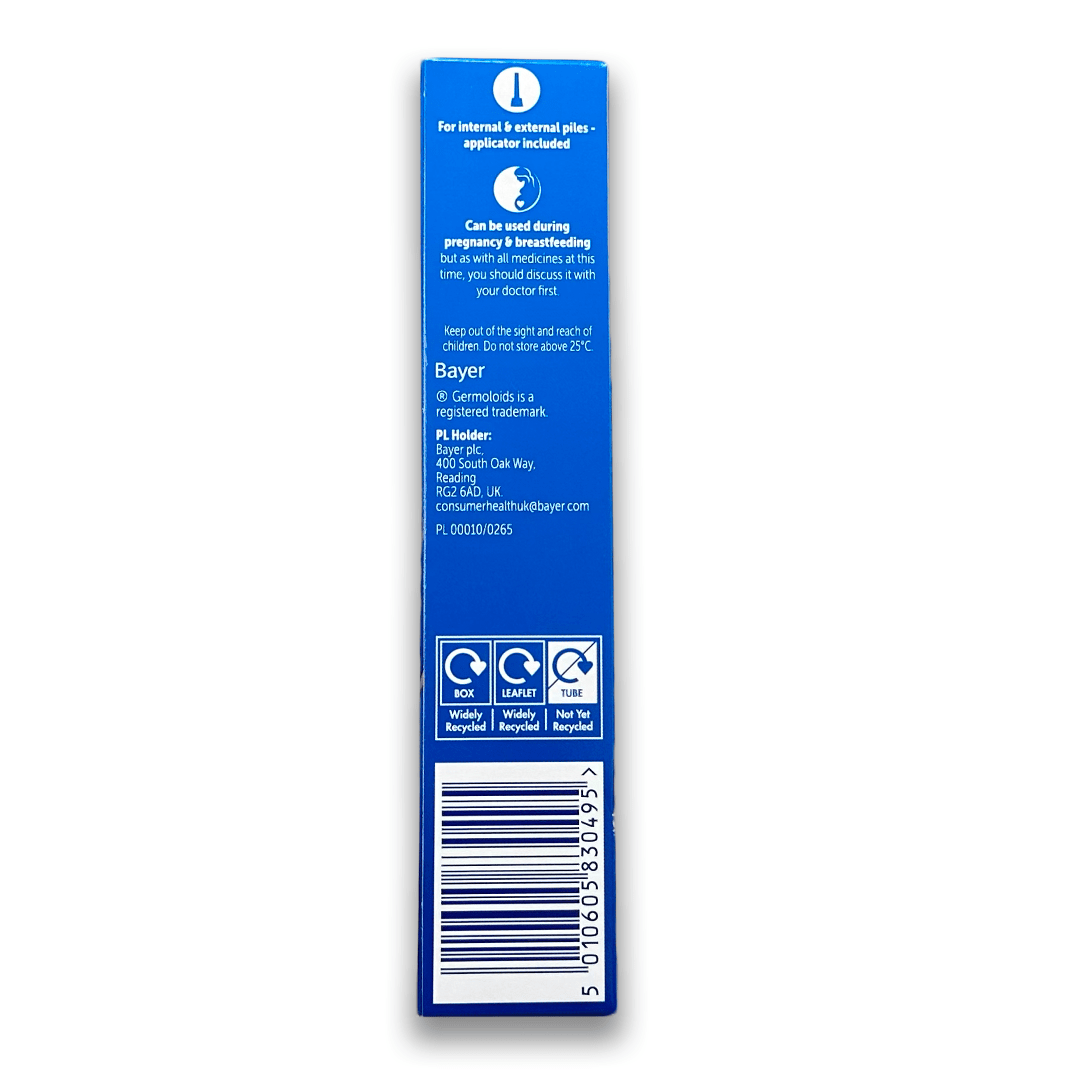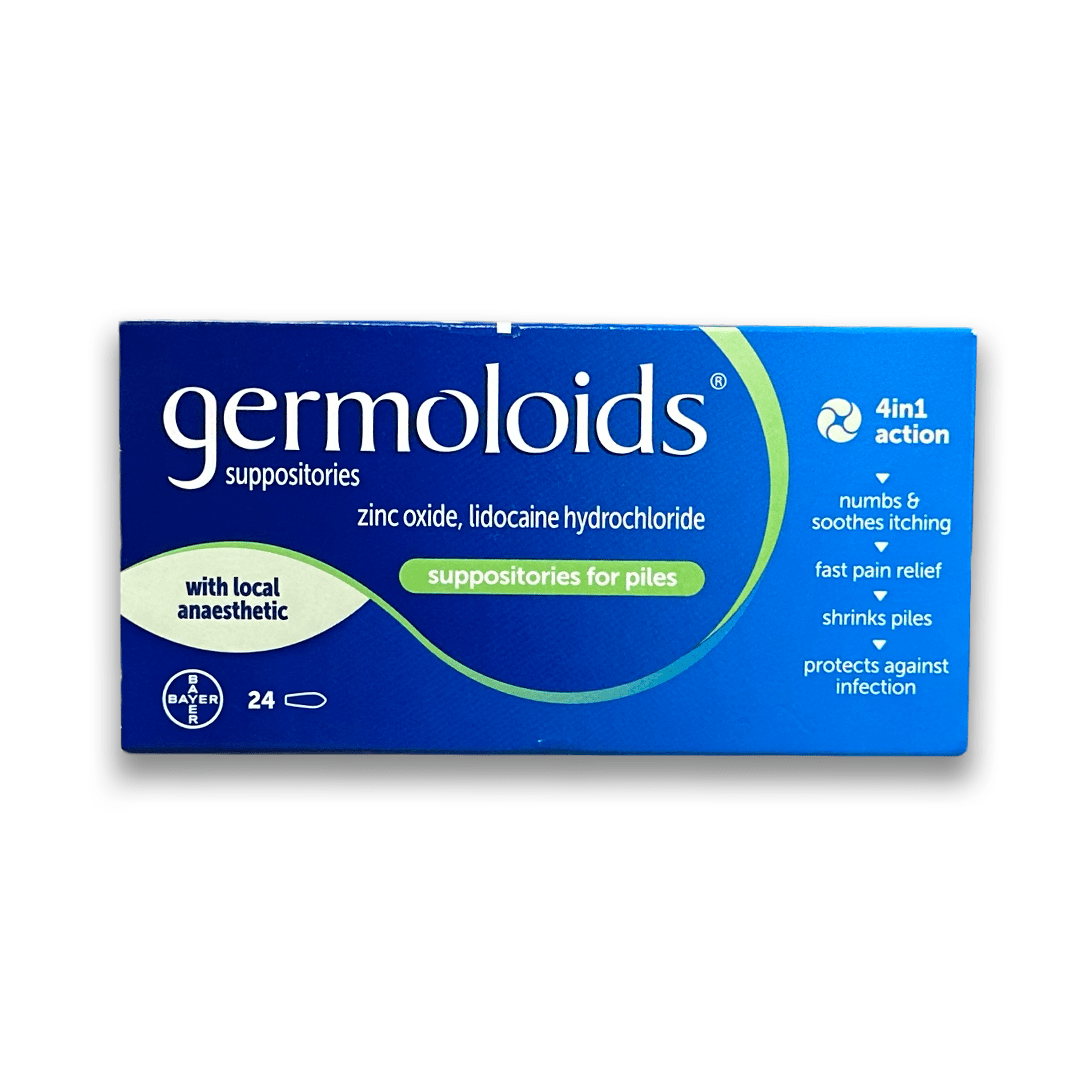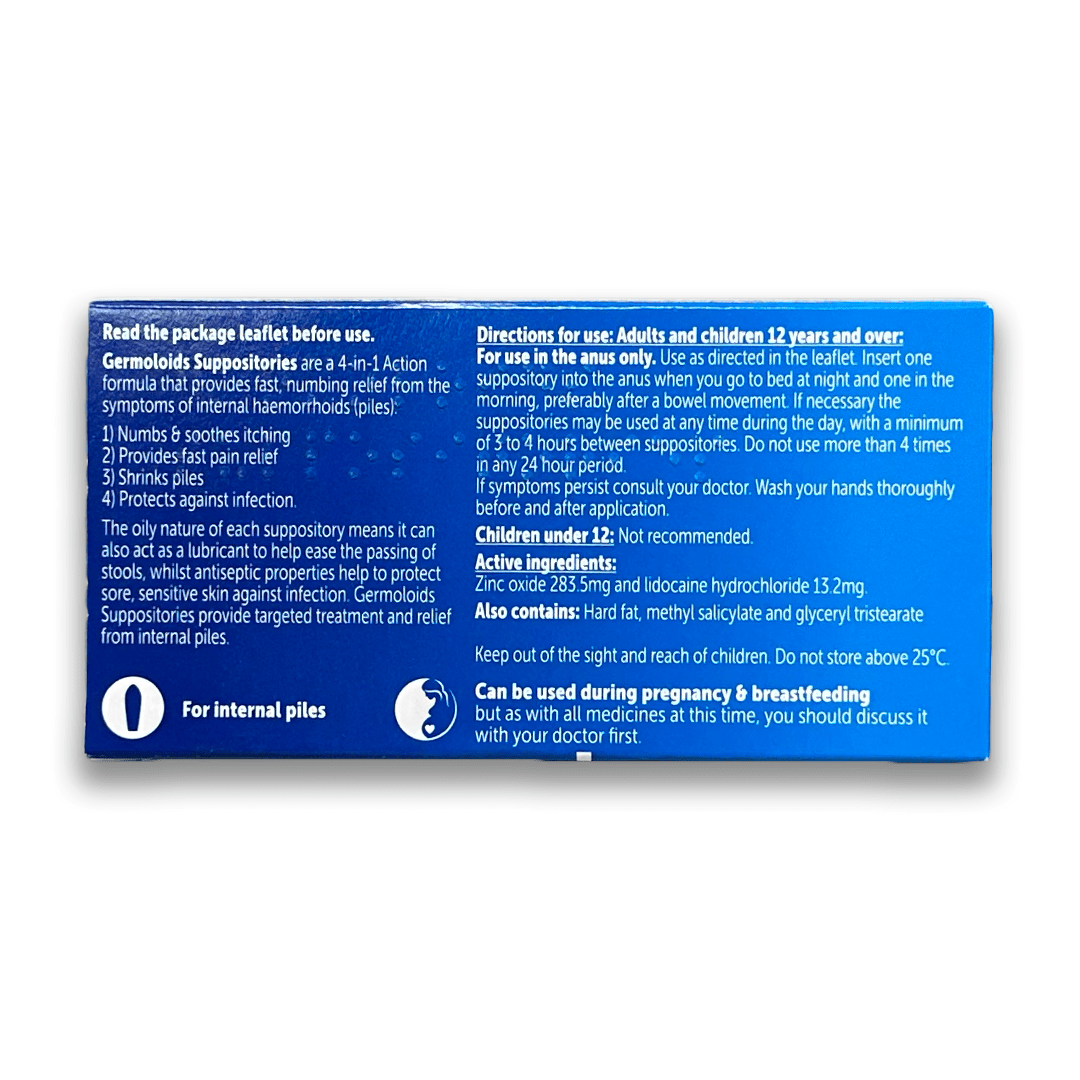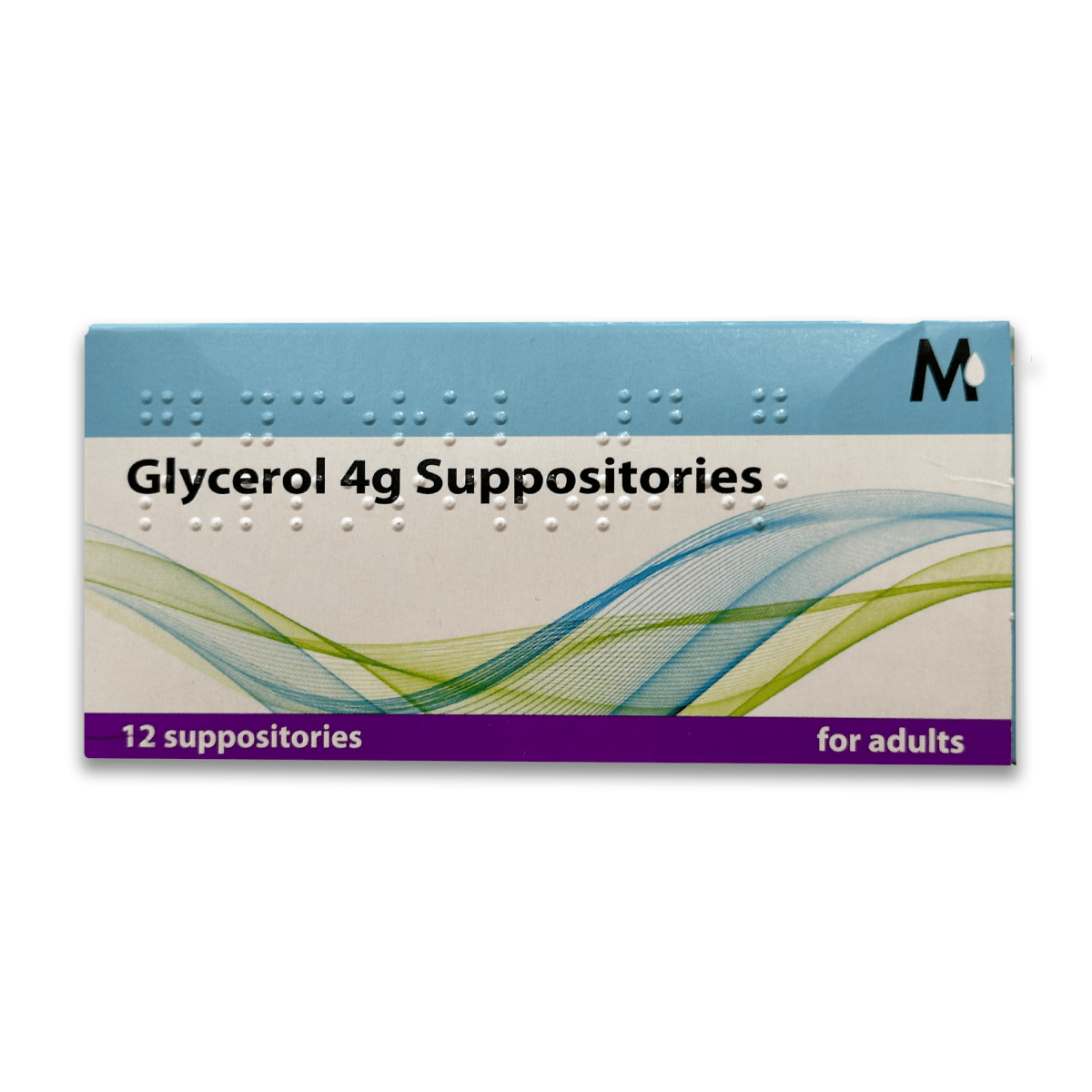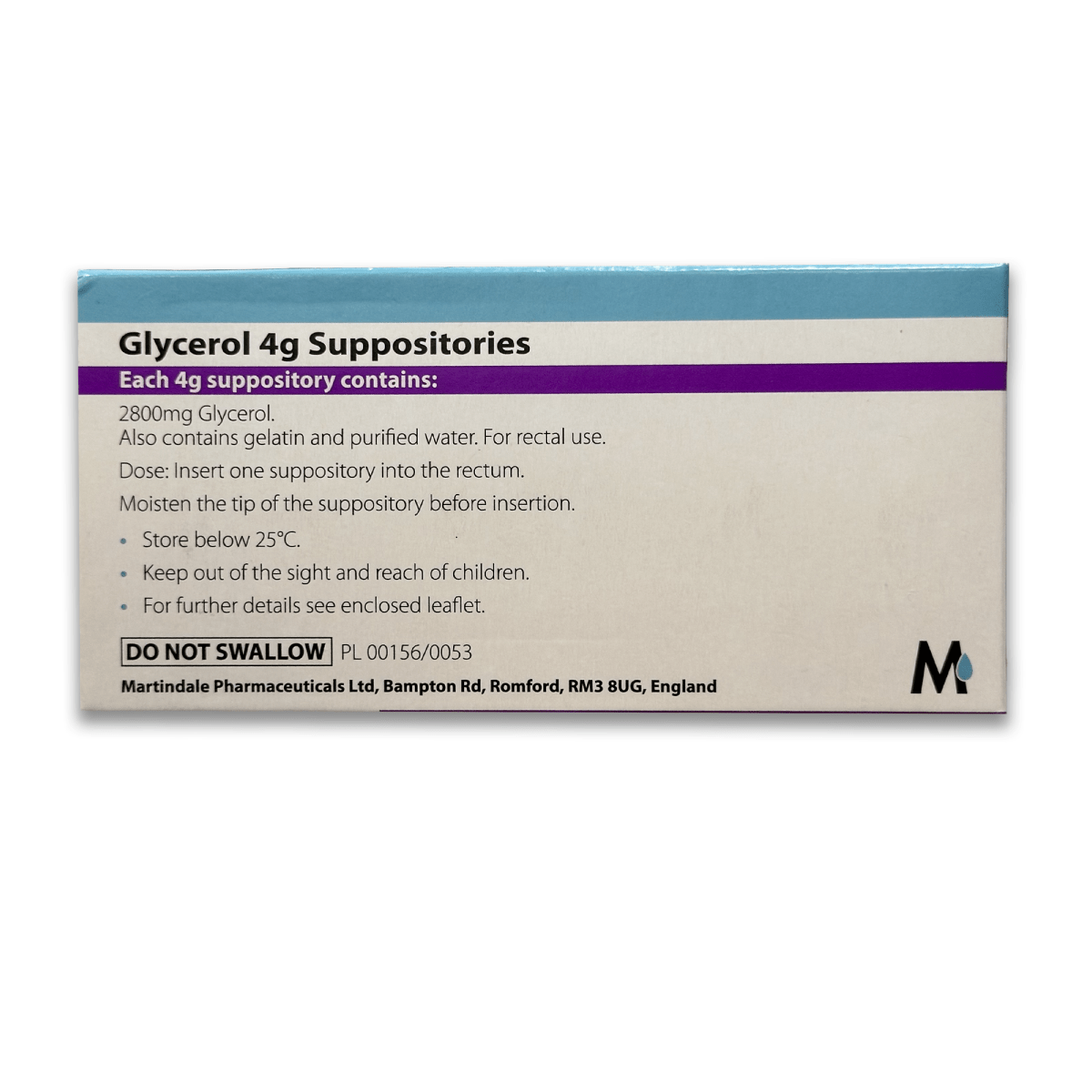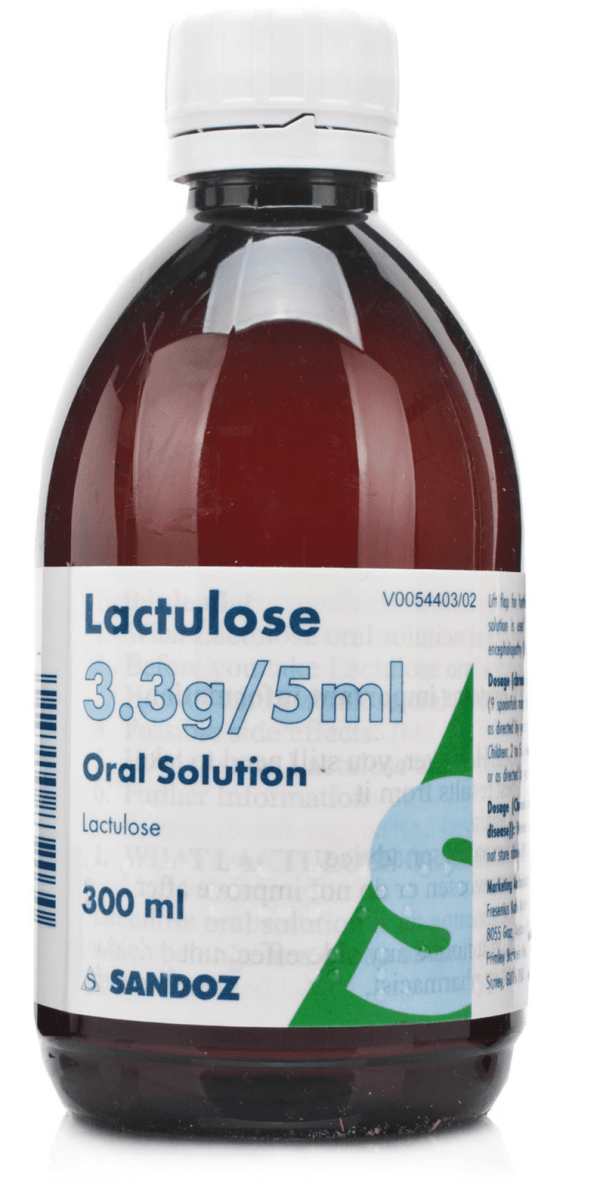بائع:CHURCH & DWIGHT
£ 3.99
بائع:CHURCH & DWIGHT
من £ 3.99
بائع:OPELLA
£ 6.99
بائع:OPELLA
£ 4.99
بائع:OPELLA
بائع:Bayer
£ 10.90
بائع:Alliance
بائع:Alliance
بائع:Sandoz Limited
بائع:RPH
£ 12.99
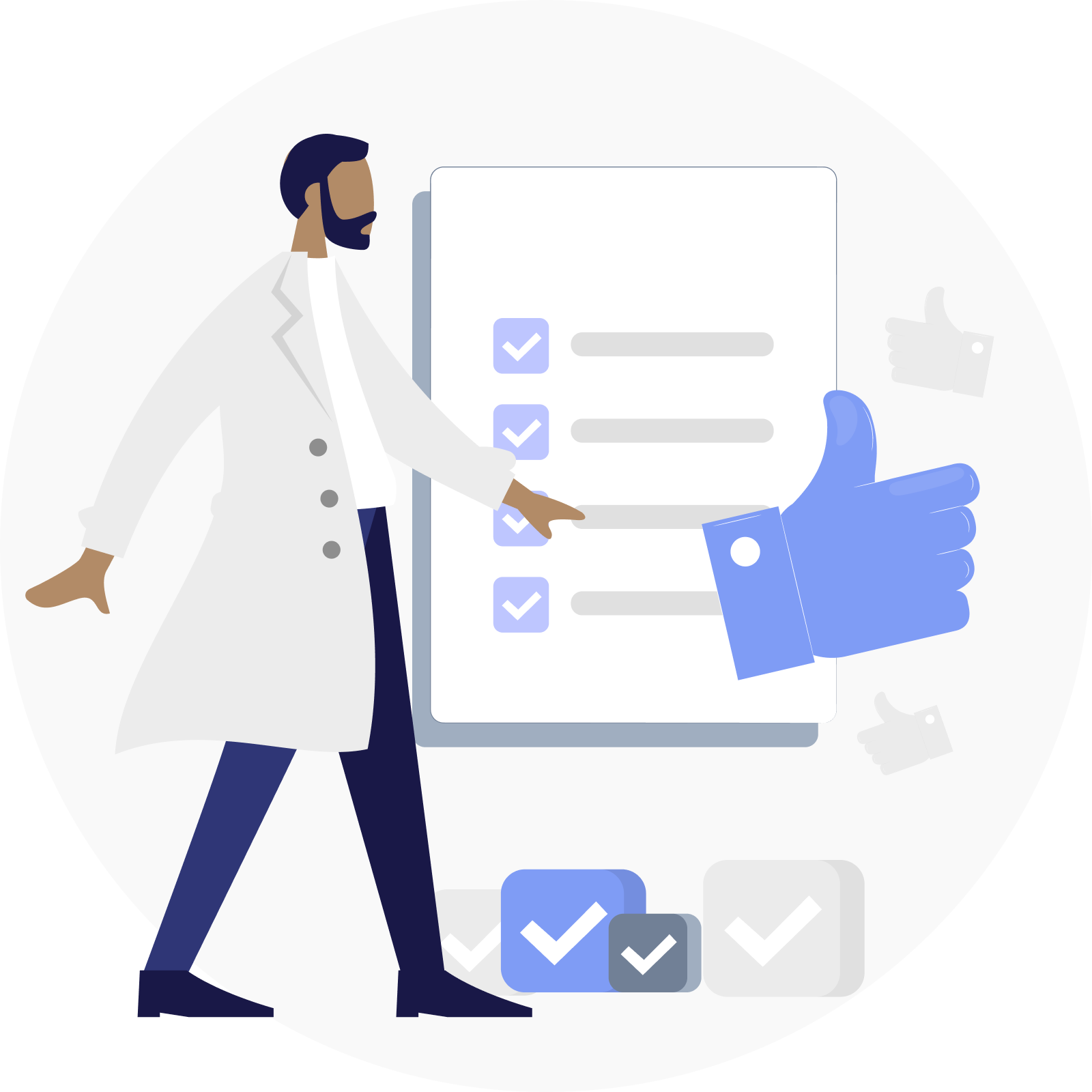
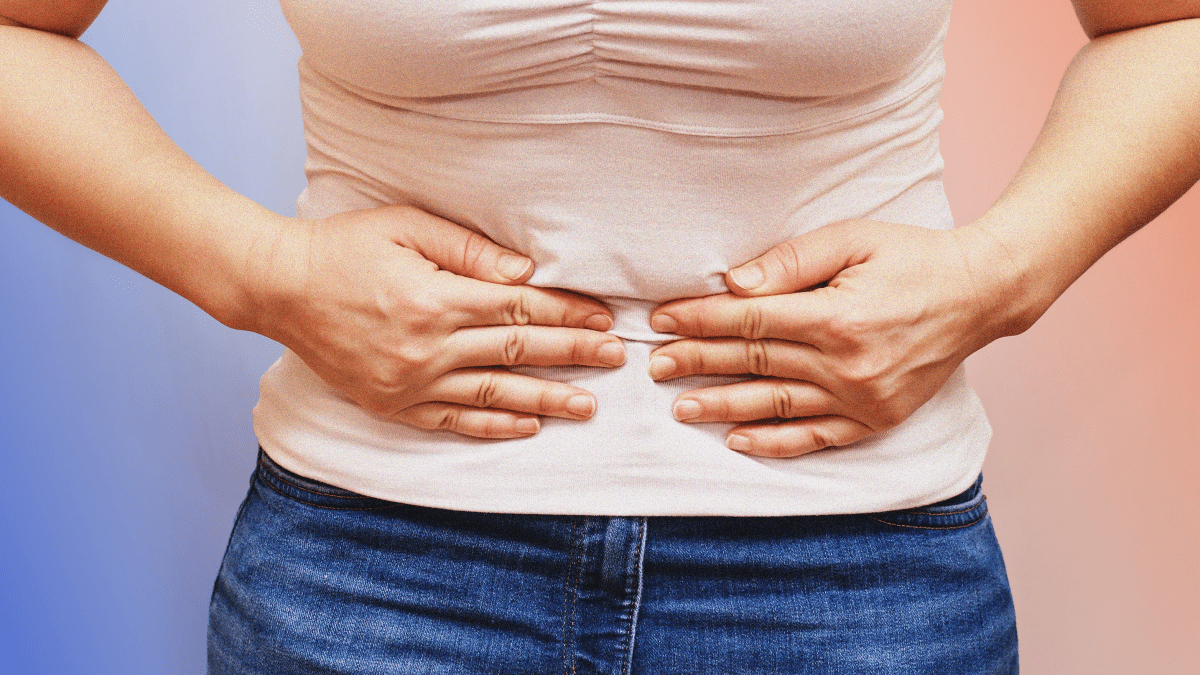
حول تخفيف الإمساك والبواسير
Cause
Diagnosis
Treatments
Prevention
Further Info
أسئلة وأجوبة
How do I know if my constipation is serious and needs medical attention?
Can constipation cause or worsen piles (hemorrhoids)?
What can I do to prevent constipation and piles in the long term?
Are there any lifestyle habits that might make piles worse?
نحن هنا للمساعدة 👋
للحصول على المساعدة، يرجى الاتصال بخدمة العملاء لدينا على info@rightangled.com. نحن متواجدون من الاثنين إلى الجمعة من الساعة 8 صباحًا حتى 5 مساءً. بالنسبة للقضايا العاجلة، يرجى عدم استخدام هذا البريد الإلكتروني. بدلاً من ذلك، اتصل بالرقم 111، أو اتصل بالرقم 999 في حالة الطوارئ.

